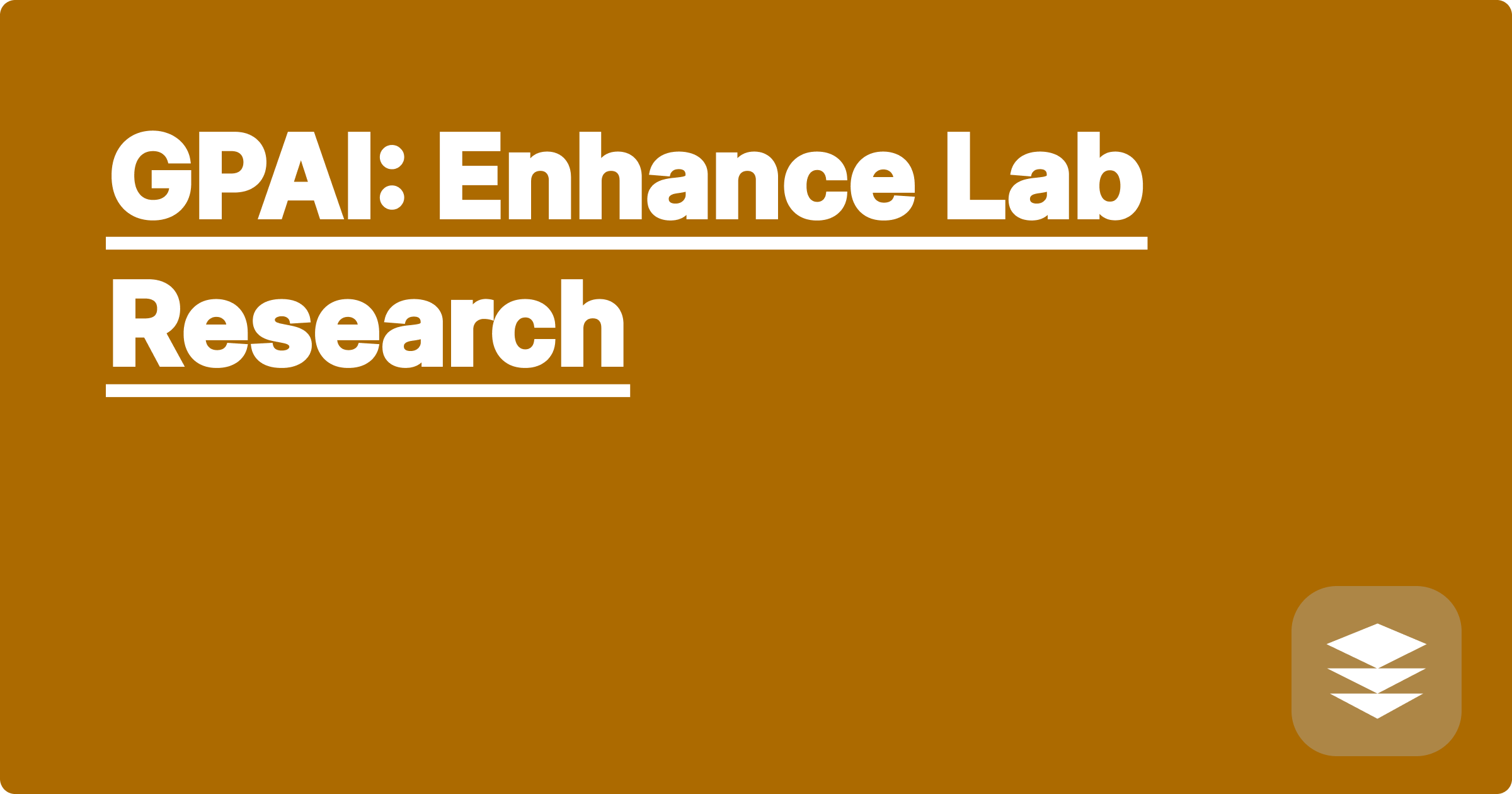
The rapid advancement of scientific knowledge and the increasing complexity of STEM fields present a significant challenge for students and researchers. Staying abreast of the latest discoveries, managing vast datasets, designing experiments, and analyzing results can be overwhelming. Artificial intelligence (AI) offers a powerful suite of tools to navigate these complexities, promising to revolutionize how we approach scientific inquiry and accelerate the pace of discovery. By leveraging AI, STEM professionals can unlock new insights, optimize research workflows, and push the boundaries of human knowledge.
This transformation is particularly relevant for STEM students and researchers aiming to maximize their impact. In today's competitive academic landscape, proficiency with AI tools is becoming essential for success. Understanding how to effectively utilize AI in research can significantly enhance productivity, improve the quality of research outputs, and open doors to exciting new avenues of exploration. Embracing AI is no longer optional; it's a necessary step toward staying at the forefront of scientific innovation.
A common bottleneck in lab research across various STEM disciplines involves the tedious and time-consuming process of literature review. Researchers often spend countless hours sifting through a deluge of scientific publications to identify relevant studies, extract key findings, and synthesize information. This manual approach is not only inefficient but also prone to biases and may overlook crucial connections between disparate research areas. Additionally, designing experiments, analyzing complex datasets, and interpreting results can be challenging, requiring specialized expertise and significant computational resources. These hurdles can impede research progress and limit the scope of scientific investigations. Furthermore, staying updated with the latest advancements in a rapidly evolving field can be difficult, leading to missed opportunities and redundant research efforts.
AI-powered tools like ChatGPT, Claude, and Wolfram Alpha offer innovative solutions to address these challenges. ChatGPT and Claude, for example, can be used to automate literature reviews, summarizing key findings from a vast corpus of scientific papers within seconds. These tools can also assist in formulating research questions, identifying knowledge gaps, and suggesting potential experimental designs. Wolfram Alpha excels at complex calculations, data analysis, and providing access to curated scientific data, enabling researchers to quickly analyze experimental results and explore intricate mathematical models. By integrating these AI capabilities into the research workflow, scientists can significantly enhance their efficiency and gain deeper insights from their data.
Begin by clearly defining your research question or objective. This will guide your AI-assisted literature review and ensure that you focus on relevant information. Next, utilize AI tools like ChatGPT or Claude to conduct a comprehensive literature search, providing keywords related to your research area. Refine your search queries iteratively to optimize the results. Once you have gathered a relevant set of publications, employ these AI assistants to summarize key findings, identify common themes, and highlight conflicting results. Then, use Wolfram Alpha to perform complex calculations, analyze experimental data, and explore relevant mathematical models. Finally, synthesize the information gathered from the AI-assisted literature review and data analysis to draw meaningful conclusions and formulate new hypotheses.
Consider a researcher studying the effects of a specific drug on cell growth. They could use ChatGPT to quickly review existing literature on the drug's mechanism of action and potential side effects. Then, they could employ Wolfram Alpha to analyze experimental data on cell growth rates, fitting the data to various growth models and determining statistical significance. For example, if the researcher measures cell counts over time, they can use Wolfram Alpha to fit an exponential growth model, represented by the equation N(t) = N₀e^(rt), where N(t) is the cell count at time t, N₀ is the initial cell count, r is the growth rate, and t is time. Wolfram Alpha can calculate the best-fit values for N₀ and r and assess the goodness of fit. This integrated approach allows for a more comprehensive and efficient analysis of the drug's effects.
To maximize the benefits of AI in STEM education and research, develop a strong understanding of the strengths and limitations of various AI tools. Learn how to formulate effective prompts and refine your queries to obtain accurate and relevant information. Critically evaluate the output generated by AI, recognizing that these tools are not infallible and may require human oversight. Combine AI-driven insights with your own domain expertise and critical thinking skills to draw meaningful conclusions. Stay updated with the latest advancements in AI and explore new ways to integrate these tools into your research workflow. Embrace a collaborative approach, sharing your experiences and best practices with other researchers in your field.
In conclusion, integrating AI tools into STEM research offers a powerful means to accelerate scientific discovery and enhance academic success. By embracing these technologies, students and researchers can overcome traditional research bottlenecks, gain deeper insights from their data, and contribute to a more efficient and impactful scientific process. Start exploring the potential of AI in your research today and unlock new possibilities for innovation.